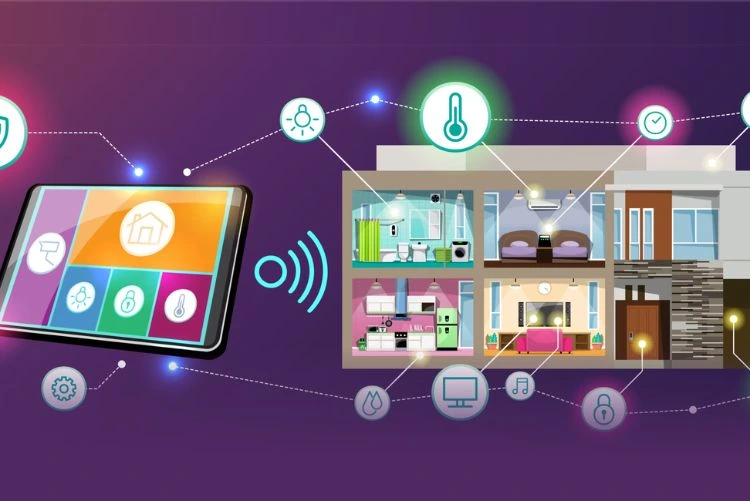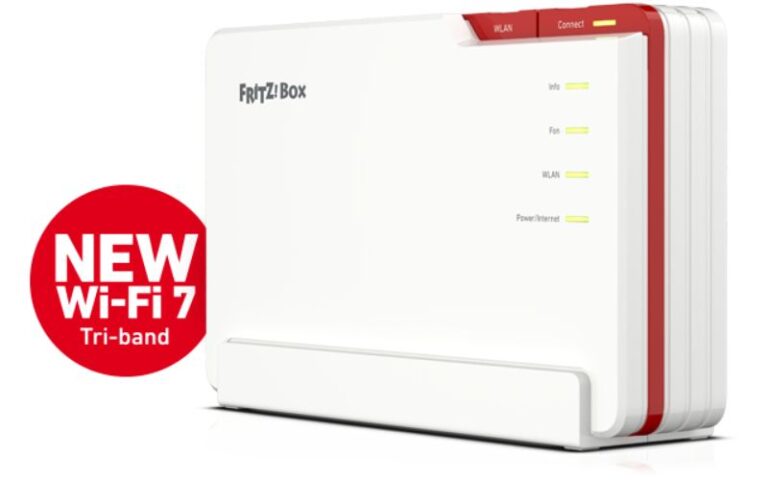AI Homes: AI Could Bring Us a Smarter Home, If We Can Trust It

Artificial Intelligence (AI) is already making its way into our daily lives. From voice assistants like Alexa and Google Assistant to smart thermostats and robot vacuums, AI is the brain behind many modern devices. The idea of a smarter home is exciting: lights that adjust automatically, security cameras that can tell the difference between a stranger and your neighbor, and appliances that know your daily routine.
But there is a big question: Can we trust AI enough to hand over control of our homes? While AI promises convenience, comfort, and efficiency, it also raises concerns about privacy, security, and reliability. Let’s take a closer look at how AI can transform homes, and why trust is the most important piece of the puzzle.
What Makes a Home “Smart”?
A smart home is not just about connecting devices to Wi-Fi. The real magic happens when these devices use AI to learn from your behavior. For example:
-
Smart thermostats like Nest can study your temperature preferences and create schedules automatically.
-
Smart lights can adjust brightness based on the time of day or whether you are in the room.
-
Smart speakers allow you to control music, shopping, or even appliances with your voice.
-
Security systems use AI cameras to spot unusual activity and send alerts instantly.
AI adds learning, prediction, and automation to these devices. Instead of just doing what you tell them, they can anticipate your needs. That’s the difference between a connected home and a truly smart home.
The Promises of AI in Our Homes
The possibilities are endless when AI is integrated into everyday living. Some of the biggest promises include:
-
Convenience
Imagine walking into your home after work and the lights, temperature, and even background music adjust automatically to your mood. AI can save you from repeating daily tasks. -
Energy Efficiency
AI can help cut energy bills by learning when you actually need heating or cooling, and when lights can be turned off. Some systems even adjust usage based on electricity prices at different times of the day. -
Safety and Security
AI-powered cameras can tell if movement outside your house is a dog, a car, or a person. They can detect package theft or alert you if someone unusual enters your property. -
Health Monitoring
Smart watches and health devices already track our heart rate, sleep, and exercise. In the future, AI could link this data to home systems — adjusting room temperature for better sleep or even alerting doctors in emergencies. -
Personalization
AI can make your home truly yours. From coffee machines that learn your morning routine to fridges that suggest recipes based on what’s inside, the home could feel like it understands you.
The Trust Problem
As exciting as this all sounds, trust remains the biggest barrier. Here are the main concerns:
Privacy Issues
AI devices collect a lot of personal data. Smart speakers record voice commands, security cameras watch your surroundings, and thermostats track your movements at home. The question is: Who has access to this data? Many companies store it on cloud servers, raising concerns about surveillance and misuse.
Security Risks
Smart homes are connected to the internet, which makes them targets for hackers. A hacked security camera or smart lock could put your family at risk. While companies invest in cybersecurity, no system is 100% safe.
Reliability
AI systems sometimes make mistakes. Voice assistants may misunderstand commands, cameras might flag normal behavior as suspicious, and devices can stop working if the internet goes down. If we are going to rely on AI for home safety or health, reliability becomes critical.
Ethical Questions
Should AI have the power to make decisions for us? For example, would you trust a smart oven to decide when to turn off, or a health system to alert a doctor without your permission? These are questions we are only starting to ask.
Building Trust in AI Homes
For AI to truly deliver smarter homes, companies need to earn user trust. This can happen in a few key ways:
-
Transparency
People should know what data is collected, how it is used, and where it is stored. Clear policies build confidence. -
Local Processing
Instead of sending all data to the cloud, more companies are working on on-device AI. This means your data stays inside your home rather than traveling across the internet. -
Strong Security
Regular software updates, encrypted data, and multi-factor authentication can make smart homes safer against hackers. -
User Control
Homeowners must always have the final say. AI should suggest actions, but users should be able to override them easily. -
Regulation and Standards
Governments and tech organizations may need to set rules for how AI in homes can operate. Just like cars follow safety standards, AI homes may need strict guidelines too.
Real Examples Today
-
Amazon Alexa and Google Home already automate routines, like turning on lights and setting reminders.
-
Ring Doorbell uses AI to detect motion and alert homeowners.
-
Ecobee and Nest Thermostats save energy by learning habits.
-
Apple HomeKit focuses on privacy by processing more data locally.
These are just the beginning. In the near future, AI might connect all these systems together seamlessly, creating a home that feels almost alive.
Looking Ahead
The future of AI in homes is bright but also challenging. Experts believe that within the next decade, homes will not just react to us but predict our needs. Imagine:
-
Your fridge orders groceries when supplies run low.
-
Your car talks to your garage door to open automatically.
-
Your bedroom adjusts lighting and sound for better sleep.
But none of this will matter if people don’t trust the systems. The more control and data we hand to AI, the greater the need for safety and transparency.
Final Thoughts
AI could truly bring us smarter homes that save time, energy, and even improve our health. The technology already exists, and it is improving every year. However, trust is the missing link. Without strong privacy protection, reliable systems, and clear user control, many people will remain cautious.
The path forward is a balance: using AI to make life easier while ensuring we do not give up security or freedom. If companies can solve the trust problem, then the dream of a truly smart home may finally become reality.

![Before Return To Hello Molly’s Knows This Best Things ? [2024] Hello Molly](https://mediatalky.com/wp-content/uploads/2024/02/Add-a-subheading-10-768x489.jpg)




